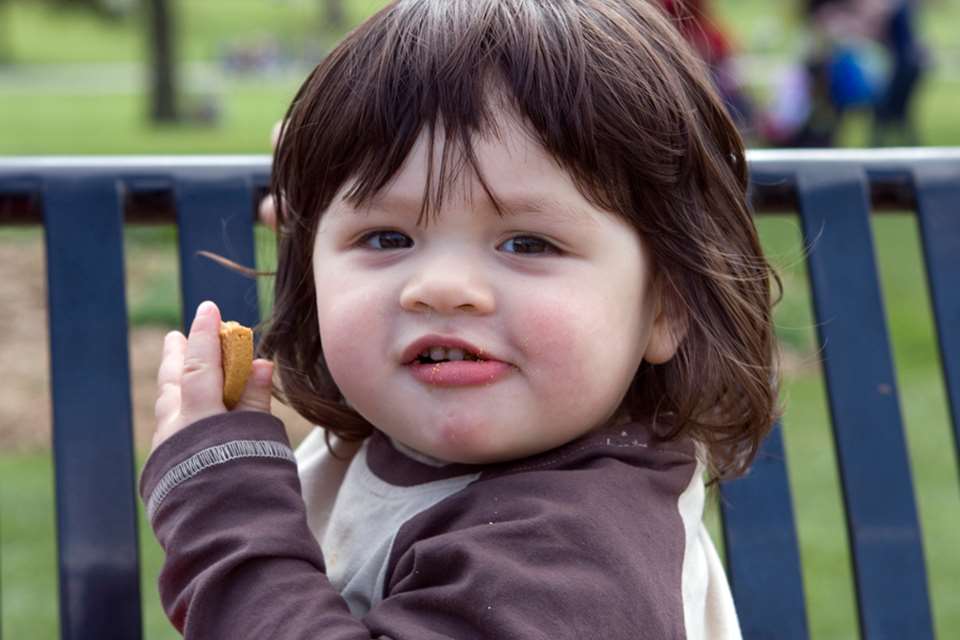Taking their time
Professor Cathy Nutbrown
Monday, August 24, 2015
Children need to be allowed to 'stand and stare', says Cathy Nutbrown

'A three-year-old sits on the edge of a river bank, her toes just touching the gently flowing water. She watches the insects skimming the surface, stares intently at a tiny fish that swims near to her feet. For some 20 minutes this little girl watches patiently. No one knows what she is thinking, but there is no doubt that her diligent study of the environment around her is something that takes up the whole of her being. No one tells her to study the water and the wildlife around her, no one asks her to sit still, to be quiet and to watch. Her interest is fuelled by a natural and instinctive curiosity about the world around her.'
These words open the first chapter of my book Threads of Thinking, they serve as an important reminder to me, of three things: that young children need time to pause and wonder; that young children have an instinctive curiosity about the world they live in and nature that surrounds them; that young children need to take their time without being busied and hurried by adults.
Early years practitioners must remain constantly aware that young children are indeed, capable of being patient observers, they are intently curious about their world and the creatures they share it with. William Henry Davies' famous poem, Leisure, written over 100 years ago, reminds us of the importance of taking time to be in nature. It begins like this:
What is this life if, full of care; We have no time to stand and stare. No time to stand beneath the boughs; And stare as long as sheep or cows.
So many of the sayings about time remind us of the pace of time - 'time and tide wait for no man', 'time flies', 'wasting time', 'spending time'. And it is not uncommon for busy professionals to say that they 'don't have time' to do some of the important things that they want to do. But in the busy pace of early years settings, be they in homes or groups, it is vital to allow children time, quite literally, to 'stand and stare', to allow children to take their time by giving them the space and time to do so. It is their time, not ours. Try counting the number of times you ask children to 'hurry up' - if it's just once, even that could be too often. Ask yourself: why the rush?







